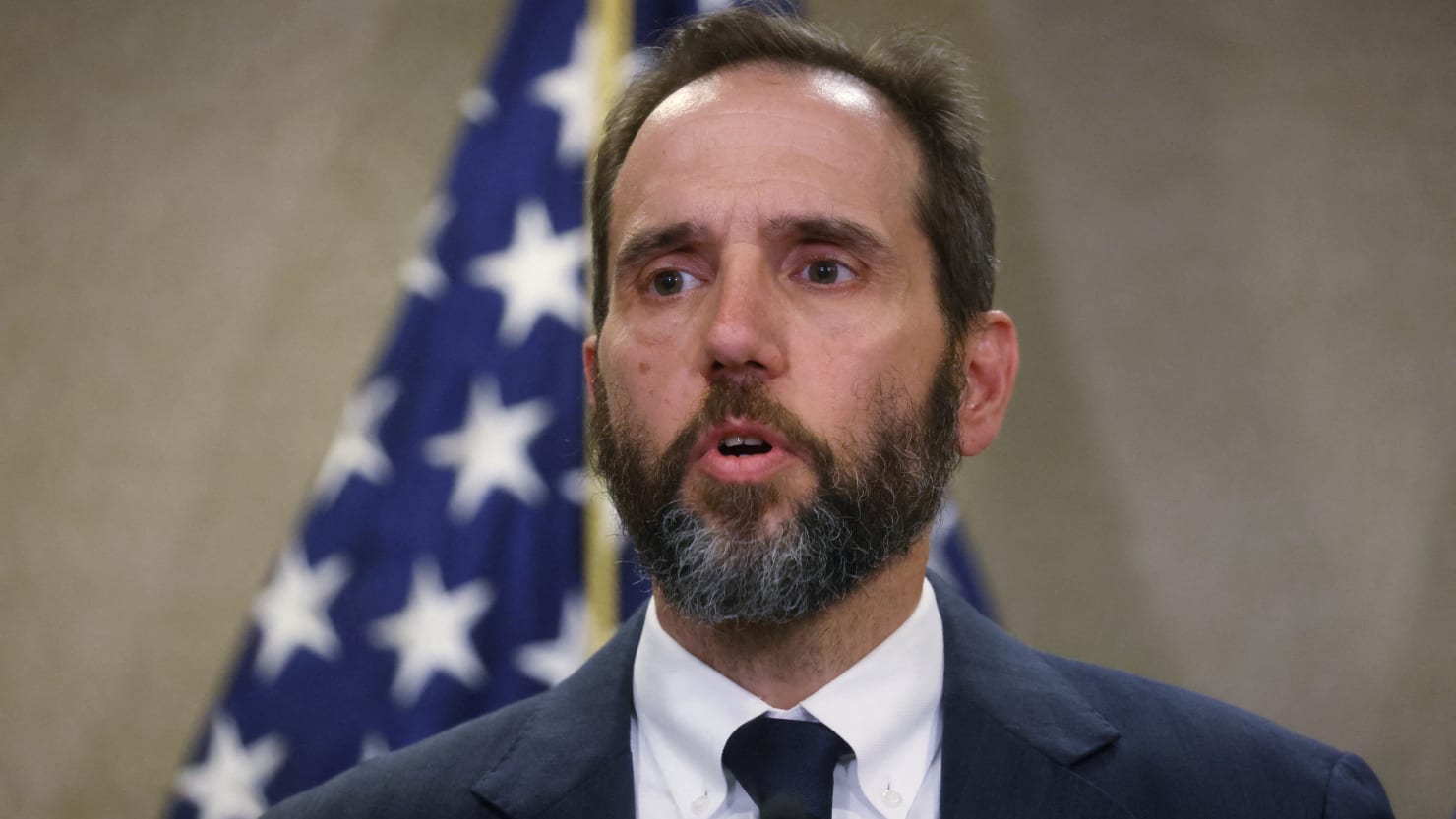Delay in January 6 Prosecution: Jack Smith’s Uncharacteristic Request
Shan Wu, a former federal prosecutor, served as counsel to Attorney General Janet Reno, providing expert insight into the intricacies of the current legal landscape surrounding former President Donald Trump.
Special Counsel’s Request
Special Counsel Jack Smith, known for his typically aggressive prosecutorial approach, has unexpectedly asked for a delay in the ongoing prosecution relating to the January 6 insurrection. This request has sparked concerns about potential underlying issues within the U.S. Justice Department.
Court’s Directive and New Hearing Date
Following Judge Tanya Chutkan’s directive, Smith was required to confer with Trump’s defense team and propose a schedule for an Aug. 9 meeting, to be discussed at an Aug. 16 hearing. Instead of moving forward with a detailed timeline, Smith submitted a brief joint status report citing the need for additional time to interpret the Supreme Court’s ruling on presidential immunity. Consequently, the new hearing is now set for September 5, conveniently 60 days before the presidential election.
The Supreme Court’s Impact
The Supreme Court’s recent ruling is believed to significantly limit Smith’s options moving forward, particularly by providing Trump immunity for any communications with the Department of Justice, irrespective of intent. This has forced the case back to Judge Chutkan, where she must determine what evidence is admissible during the trial.
Implications of Deliberation
The unusually prolonged contemplation by Smith’s team, where they have had nearly forty days to strategize in light of the Supreme Court’s ruling, has led to critical questioning about the need for extra time to merely propose a schedule. This discrepancy raises concerns about transparency and the efficacy of decision-making within the Justice Department.
Agency Dynamics and Concerns
Having served in high-stakes positions within the DOJ, it’s apparent that references to consulting other Department components suggest that internal disagreements could be at play, particularly regarding Smith’s desire for a swift resolution compared to Attorney General Merrick Garland’s measured approach during an election cycle.
Possible Scenario for the Next Phase
One potential avenue for the introduction of new evidence involves a mini-trial featuring live witness testimonies to ascertain which of Trump’s actions were legitimately part of his official capacity. Conducting such a trial close to the election could have profound implications for the electorate’s perception of Trump during his campaign.
Preparing for a Prolonged Process
Garland’s reticence to aggressively push the prosecution could stem from fear of the Justice Department being weaponized and haunted by previous mistakes such as the delay concerning former Secretary of State Hillary Clinton in 2016. These factors could necessitate additional legal review and strategic planning before prosecution resumes.
Potential Challenges and Delays
Analysts suggest that Smith might be considering a revision of the indictment or an exploration of further charges that account for the Supreme Court’s decision. As other legal experts have indicated, any additional time before a trial could very well result in a clearer picture of the charges the prosecution can substantiate.
The Long Game?
Jack Smith is reportedly adopting a long-term strategy, with indications that proceedings could extend past the election into the new administration. If Trump ultimately loses, this additional time can be leveraged effectively; conversely, should he win, the implications could echo long after the election period has concluded, significant both legally and politically.

